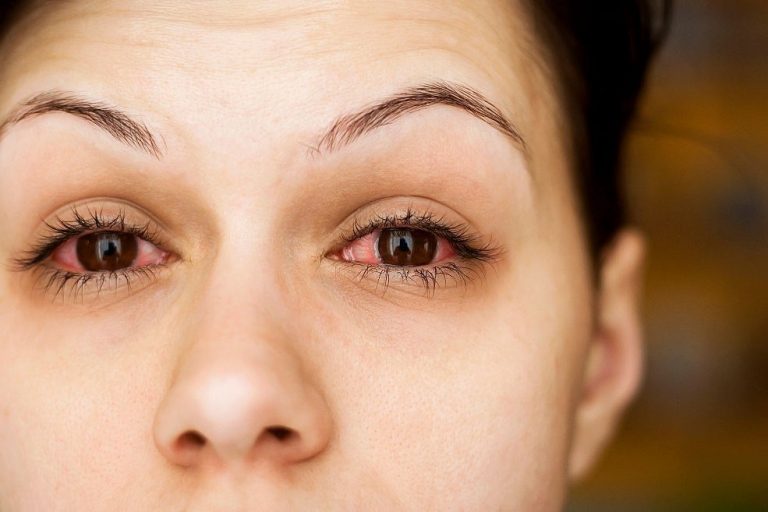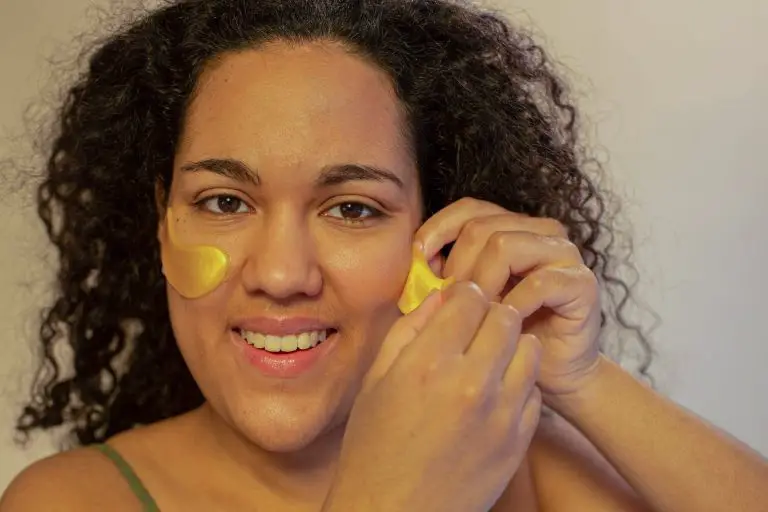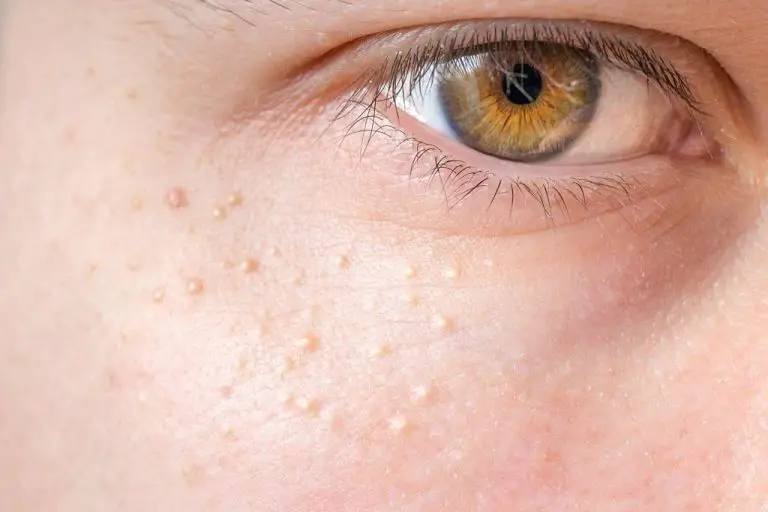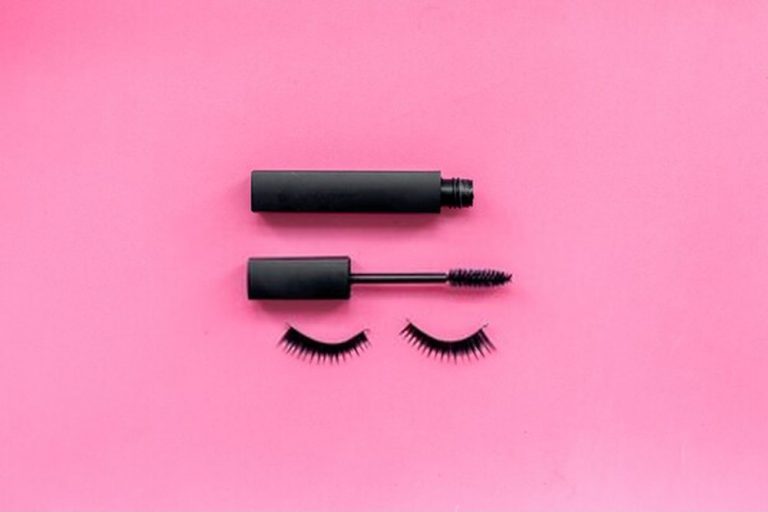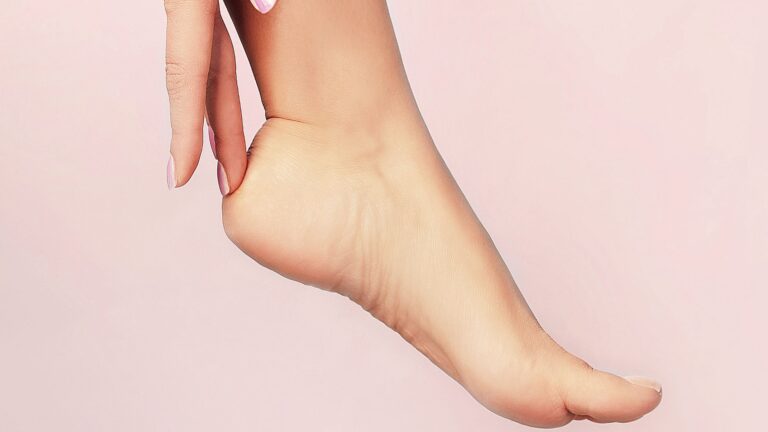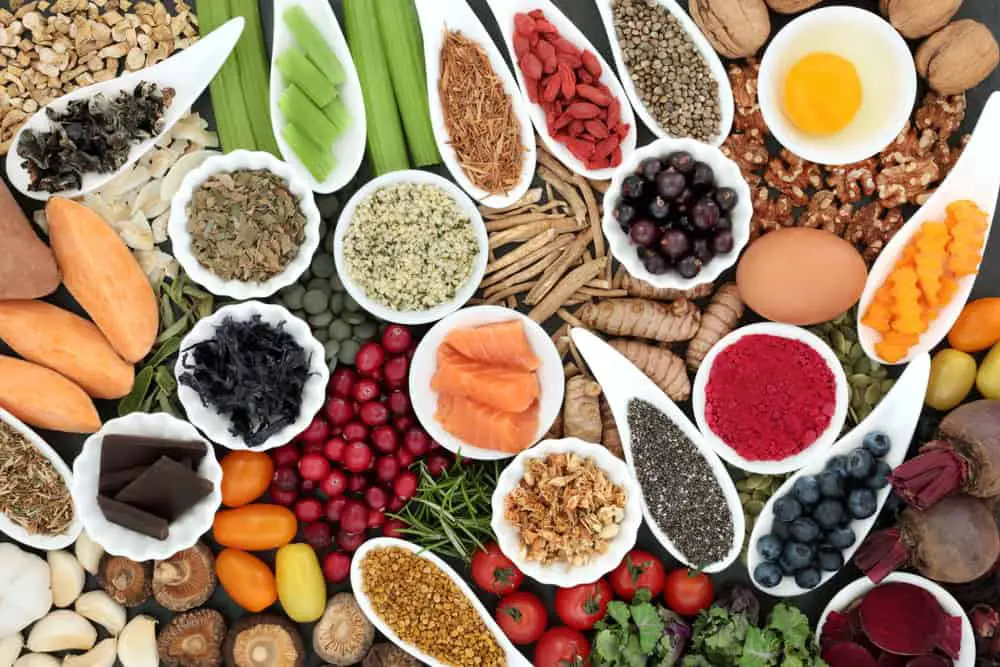
Everyone thinks acne only affects teenagers. Contrary to popular belief but just because you didn’t have acne in your teens doesn’t mean you can’t have acne forever. Although teenagers are more prone to suffer from acne problems, unfortunately, acne can strike at any age.
As absurd as this may sound but even menopausal women can experience acne. In fact, over 17 million people in America are struggling with acne according to the National Institutes of Health. But there is hope and it comes in the form of vitamins. The question now is what vitamins are good for acne.
1. Vitamin A
Vitamin A is a powerful antioxidant that is categorized under a class of compounds known as retinoids. Individuals with low levels of vitamin A are found to be more susceptible to acne and inflammation. In our body, the roles that vitamin A plays include red blood cell production, normal vision, healthy skin, immune system support and the general growth and development of the body.
If you have acne-prone skin then you should definitely take vitamin A supplements or if not, consume foods that are rich in vitamin A like sweet potatoes, spinach, yellow fruits and vegetables to name a few. Vitamin plays a role in the normal shedding of dead skin cells.
Dead skin cells that build up inside your pores will eventually clog it and clogged pores ultimately lead acne. Vitamin A prevents all these from taking place. Furthermore, since this is a vitamin that is loaded with antioxidants aside from removing dead skin cells it also acts as an anti-inflammatory agent to help lessen the redness and the sore caused by acne breakouts.
Individuals who have acne on the face or on other parts of the body are recommended to consume foods that are high in vitamin A. Aside from including these foods in your diet you should also consult with your doctor as to the amount of vitamin A you should take. Usually they recommend you to take 10,000 IU per day. If you are nursing or pregnant, it is best to talk to your doctor first.
2. Omega-3 Fatty Acids
Another important supplement to take when you have acne is omega-3 fatty acid also known as Eicosapentaenoic Acid (EPA). This can be found in seafood and fish, specifically in ocean fish like sardines, anchovies and mackerel. This is by far the best anti-inflammatory natural treatment for individuals with acne.

As you all know, the crux of acne is inflammation and so it makes sense if you treat it with an anti-inflammatory supplement to clear up the breakout. Omega-3 fatty acids clear up acne by preventing two notorious inflammatory chemicals that are known to cause acne breakouts.
It’s also important to consume foods that are rich in omega-3 fatty acids. Examples of foods that are rich in omega-3 are sardines, mackerel, anchovies and oils like canola, walnut and flax. You should avoid sunflower, soybean, peanut and palm oil as these oils are known to exacerbate acne.
Doctors usually recommend individuals who suffer from inflammatory acne on the face or on other parts of the body to consume foods loaded with omega-3 fatty acids in addition to taking supplements. These people should supplement with 2 grams or 2000 mg of EPA omega-3 every day.
3. Zinc
Zinc is an important mineral that is responsible for brain function, immune function and reproduction to name a few. Zinc is also known as an effective treatment for acne. According to studies, zinc significantly reduces inflammation. Zinc also fights against acne bacteria.
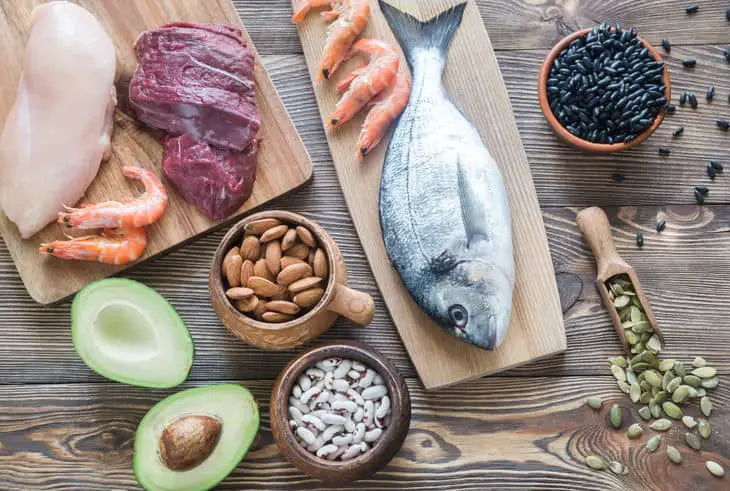
Taking zinc increases your body’s ability to absorb vitamins A and E, both of which are very crucial in having healthy skin. Zinc is also known to reduce the production of keratin, a protein that plays a significant role in blocking your pores.
To some degree, zinc effectively blocks DHT, a form of testosterone that causes oily skin and acne. Furthermore, zinc helps support healthy and normal ovulation thereby leading to a better hormonal balance. And last but definitely not the least, zinc is a very strong and potent antioxidant, which helps protect you from aging and acne. People who suffer from acne generally have 24% lesser zinc levels compared to people with clear and healthy skin. So if you are the type of person who has acne-prone skin then you better load up on zinc.
You can get zinc by taking supplements or you can consume foods that contain high levels of zinc such as seafood, especially lobster, crab and oysters; lamb and beef, leafy greens and spinach, nuts such as cashews, pumpkin seeds, chicken, pork, cocoa powder mushrooms, chickpeas and beans among others. If you are vegetarian then it’s highly likely that you’ll be deficient in zinc so you better take supplements.
4. Selenium
Another important mineral that is known to help fight acne is selenium. This is a powerful antioxidant that works to safeguard other antioxidants. You can find selenium in seafood salmon, grains, nuts and halibut. How then can selenium treat acne?
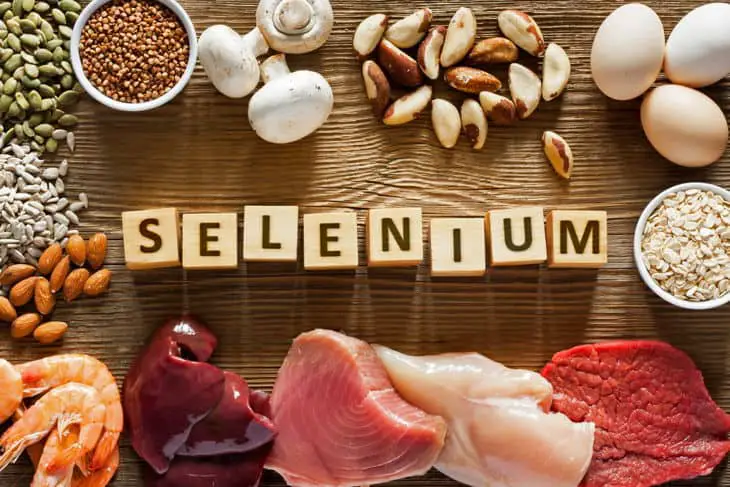
According to studies, selenium helps preserve other antioxidants like zinc. Selenium should be taken together with other antioxidants such as zinc supplements. By protecting other antioxidants, selenium is able to significantly increase your overall antioxidant level and, as a result, decreases inflammation that causes acne. Selenium functions in glutathione peroxidase; this is an antioxidant enzyme that is necessary for preventing the inflammation of acne.
It is important to note that supplementing with selenium is not enough to fight acne you also need zinc as well as vitamin E to increase your body’s glutathione. Doing so can dramatically improve the appearance of acne in as little as six weeks. Ideally, we recommend taking 400 mcg of selenium a day as this is considered as a safe upper limit. But we encourage you to discuss this with your healthcare provider first before taking any form of supplement.
5. Vitamin E
Vitamin E otherwise known as tocopherol or alpha-tocopherol is one of the best vitamins that fight acne. Taking 221 IU of vitamin E da day can already help your skin in more ways than one and it also prevents acne from becoming worse. Individuals with acne need vitamin E because according to one study, it has been found that patients with acne had 10% lesser vitamin E in their bloodstream.
Other studies also show that if you consume less vitamin E your acne will only get worse. This only means one thing, you need to take vitamin E supplements daily or if not consume foods that are high in vitamin E such as almonds, green leafy vegetables, fish and yes, even chocolate. Eating a handful of almonds in a day can already give you sufficient amounts of vitamin E and this alone can greatly reduce your inflammation.
It would be best if you ask your doctor about the exact dosage for your vitamin E especially if you are taking other supplements and/or medications with it. We encourage you to speak with your doctor before taking any form of supplement regardless of brand most especially if you are pregnant and/or nursing. Although there are no contraindications when it comes to food but when it comes to supplements it would be wise if you get a go signal from your doctor.
Conclusion
What vitamins are good for acne? The truth of the matter is, every nutrient you get from the food you eat is essential and can help your acne problems to some extent, but these 5 vitamins and minerals have been backed up by science and several studies have proved its efficacy in treating acne. By incorporating foods that are rich in any of these vitamins, you are already helping your skin recover and stop the exacerbation of acne. Besides, the food selection is not that hard to find and you can easily spot them in your local grocery.

Hi Everyone, BeYoungAholic’s aim is to help women who have lost their self-confidence because of the way they look. We will provide you tips and bits of advice on how to take care of yourself and maintain your youthful look. So, Enjoy the blog!

